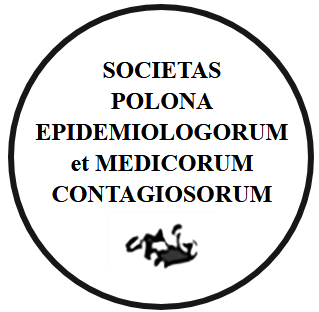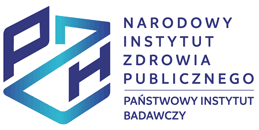PRACA ORYGINALNA
Systematic quality evaluation of mobile health applications using Selenium web scraping approach
1
Department of Community Medicine & Family Medicine, All India Institute of Medical Sciences, Gorakhpur, Uttar Pradesh, India
2
Implementation Research, Indian Council of Medical Research, Ansari Nagar, New Delhi, India
3
Civil Registration and Vital Statistics, Global Health Advocacy Incubator (GHAI), Washington, USA
4
Public health, University of Memphis School of Public Health, Memphis, United States
5
Department of Dentistry,, All India Institute of Medical Sciences, Gorakhpur, Uttar Pradesh, India
Zaznaczeni autorzy mieli równy wkład w przygotowanie tego artykułu
Data nadesłania: 04-05-2025
Data ostatniej rewizji: 12-07-2025
Data akceptacji: 25-07-2025
Data publikacji online: 05-08-2025
Data publikacji: 03-10-2025
Autor do korespondencji
U Venkatesh
Department of Community Medicine & Family Medicine,, All India Institute of Medical Sciences, Gorakhpur, Uttar Pradesh, 273008, India, India
Department of Community Medicine & Family Medicine,, All India Institute of Medical Sciences, Gorakhpur, Uttar Pradesh, 273008, India, India
Przegl Epidemiol 2025;79(2):291-299
SŁOWA KLUCZOWE
DZIEDZINY
STRESZCZENIE
Background: Mobile health applications have emerged as powerful tools for improving public health, but their rapid proliferation raises concerns regarding quality, effectiveness, and security. T Objective: This study aimed to systematically evaluate the quality of health applications on the Google Play Store in India, focusing on physical, mental, and social health domains. Material and methods: Python and Selenium-based web scraping approach was used to extracted data available from the Indian version of Google Play Store using domain-specific keywords. Applications were screened based on preset criteria. The Mobile App Development and Assessment Guide (MAG) was used to evaluate the application quality across eight domains. Kruskal Wallis test and partial least squares regression analysis was used for analysis. Results: From 866 applications, 322 met eligibility criteria (182 physical, 84 mental, 56 social health). Commercial organizations dominated development. Social health applications demonstrated higher download volumes and superior quality across multiple MAG domains, with higher overall scores (35.18 ± 12.05) compared to physical (26.95 ± 11.27) and mental health applications (26.25 ±1 1.62). Quality metrics influenced user ratings differently across health domains, with weak correlation between MAG scores and ratings for physical health applications. Conclusions: The study reveals significant variability in mHealth application quality, with concerning deficiencies in privacy and security. Findings highlight the need for enhanced regulatory oversight and quality standards in India's evolving digital health ecosystem.
Przetwarzamy dane osobowe zbierane podczas odwiedzania serwisu. Realizacja funkcji pozyskiwania informacji o użytkownikach i ich zachowaniu odbywa się poprzez dobrowolnie wprowadzone w formularzach informacje oraz zapisywanie w urządzeniach końcowych plików cookies (tzw. ciasteczka). Dane, w tym pliki cookies, wykorzystywane są w celu realizacji usług, zapewnienia wygodnego korzystania ze strony oraz w celu monitorowania ruchu zgodnie z Polityką prywatności. Dane są także zbierane i przetwarzane przez narzędzie Google Analytics (więcej).
Możesz zmienić ustawienia cookies w swojej przeglądarce. Ograniczenie stosowania plików cookies w konfiguracji przeglądarki może wpłynąć na niektóre funkcjonalności dostępne na stronie.
Możesz zmienić ustawienia cookies w swojej przeglądarce. Ograniczenie stosowania plików cookies w konfiguracji przeglądarki może wpłynąć na niektóre funkcjonalności dostępne na stronie.




